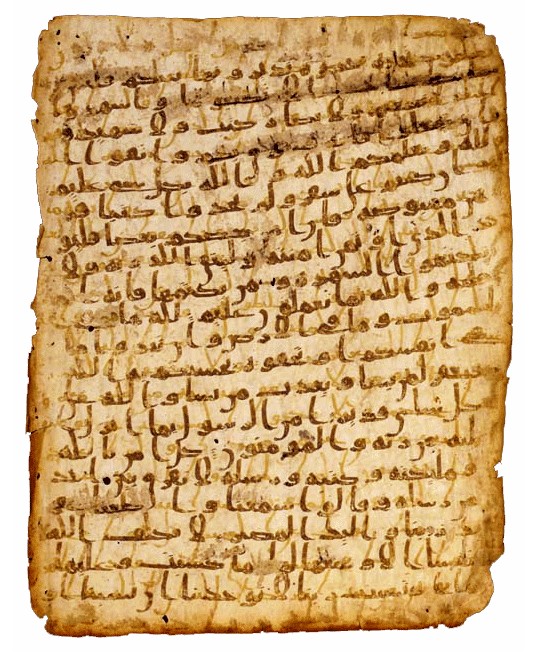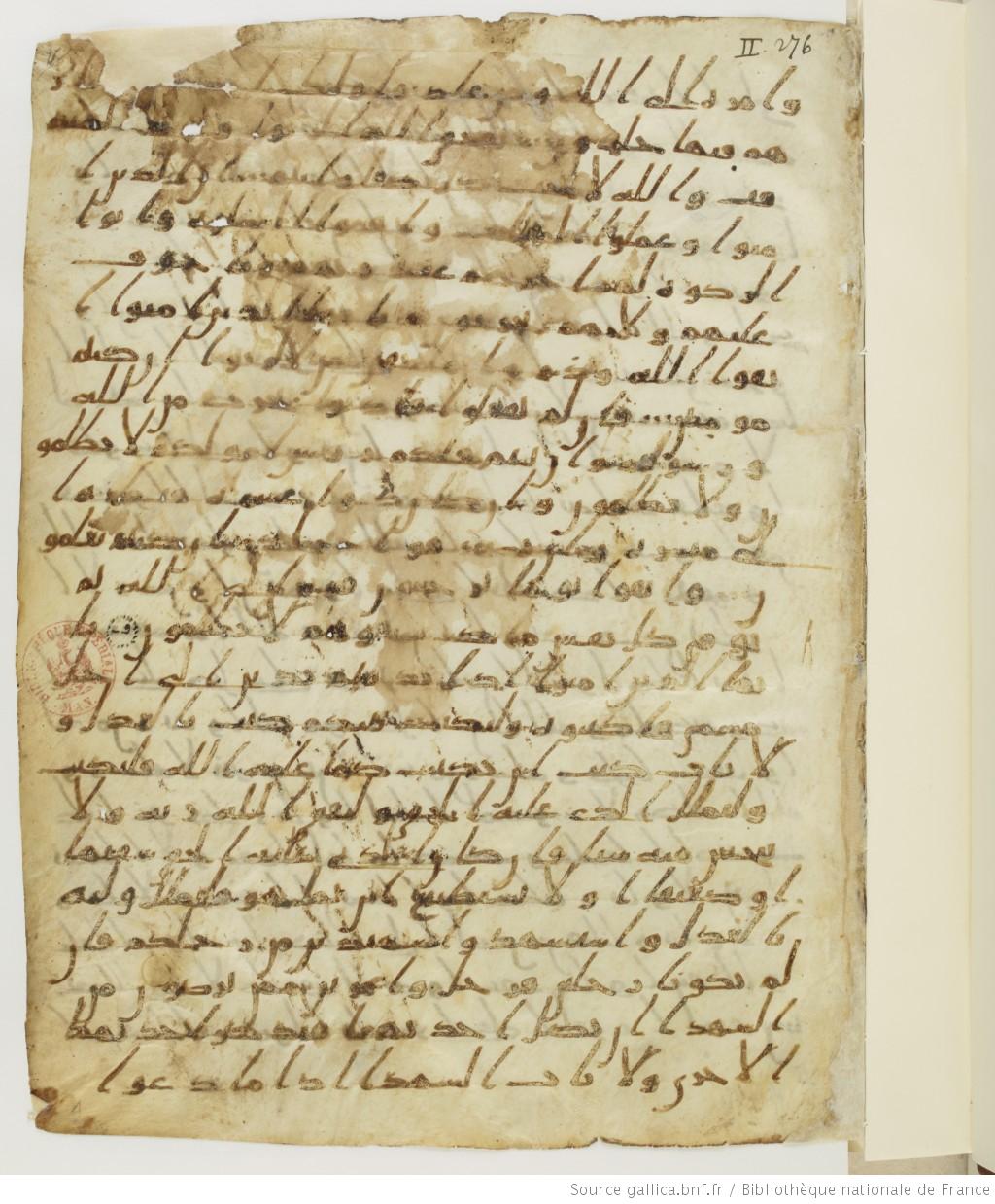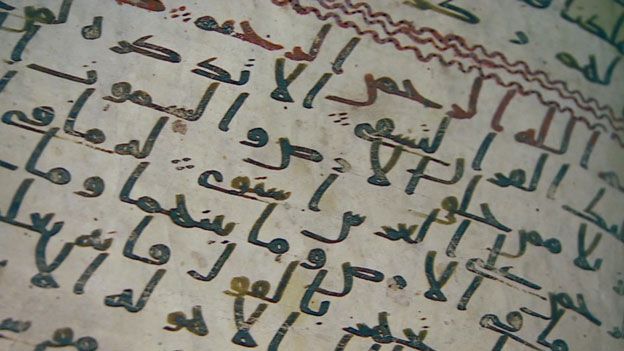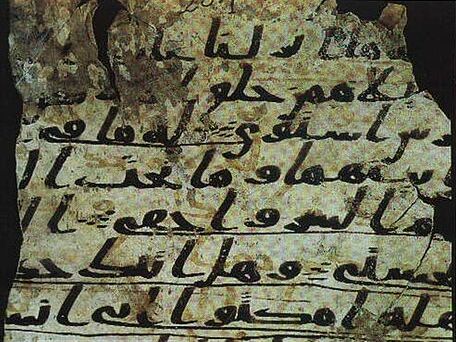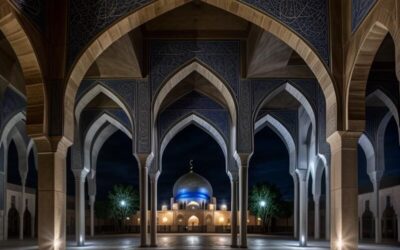Exploring Quran: The Last Divine Revelation
The Significance of Quran in Islam and in Human History
The Quran is the central religious text of Islam, regarded as the literal word of God revealed to Prophet Muhammad (PBUH) over 23 years. It serves as a comprehensive guide for Muslims, encompassing beliefs, worship, morality, and law. Its spiritual and ethical teachings advocate justice, equality, and compassion, shaping Islamic civilization and inspiring advancements in arts, science, and philosophy. Beyond Islam, the Quran’s emphasis on monotheism, universal values, and intellectual inquiry has profoundly influenced human history, fostering intercultural dialogue and moral introspection across societies for centuries.
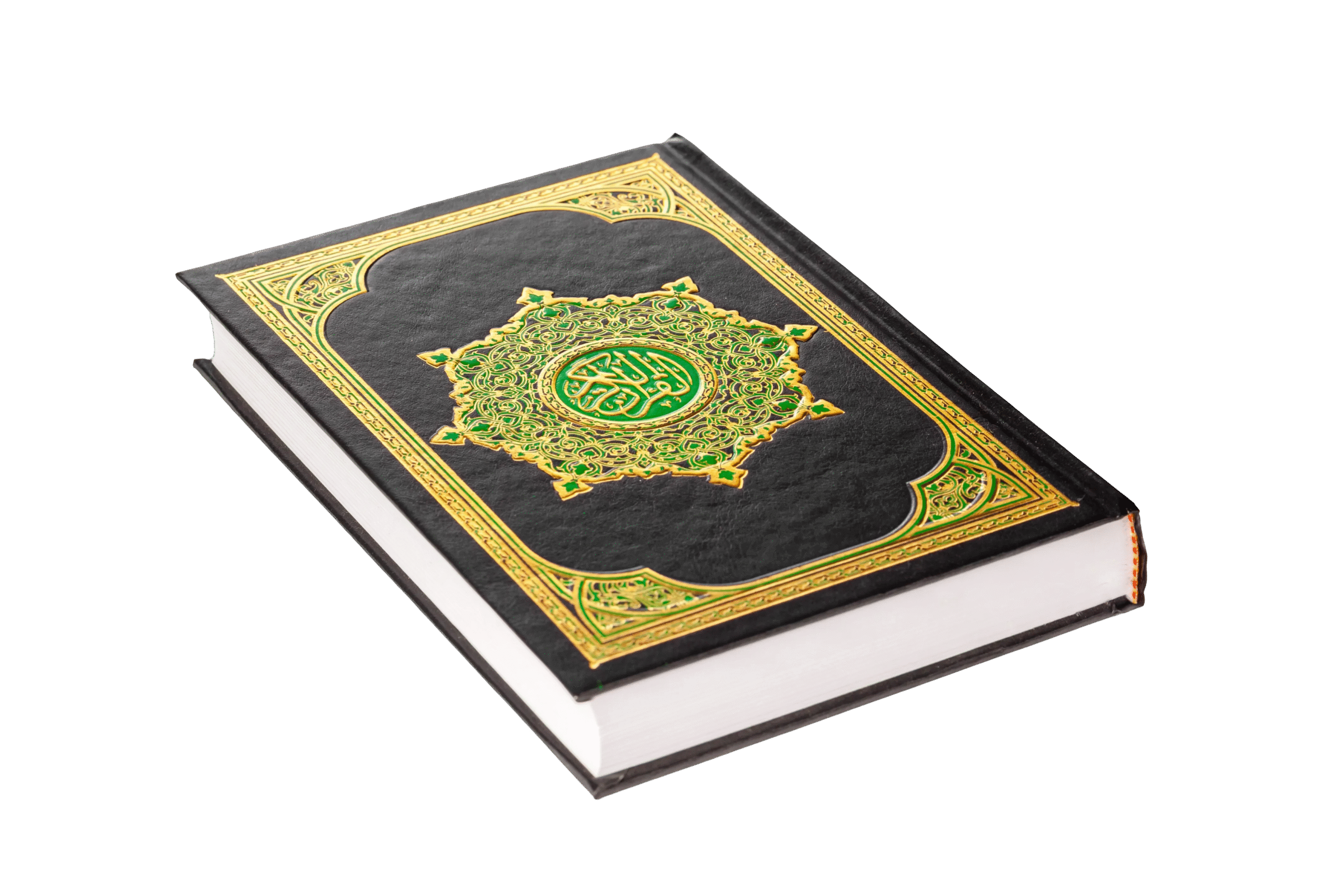
Celebrating the Diversity of Islamic Practices
Quranic manuscript written on vellum (mid-late 7th century CE)
The recto of the first folio of codex Parisino-petropolitanus.
Voices from around the world
“The Book revealed to Muhammad is one and unique of its kind. It has left indelible impression on the hearts of humanity. Nothing can overcome its majesty. The Quran has given new dimensions to human thinking – Surprising reforms, stunning success!”
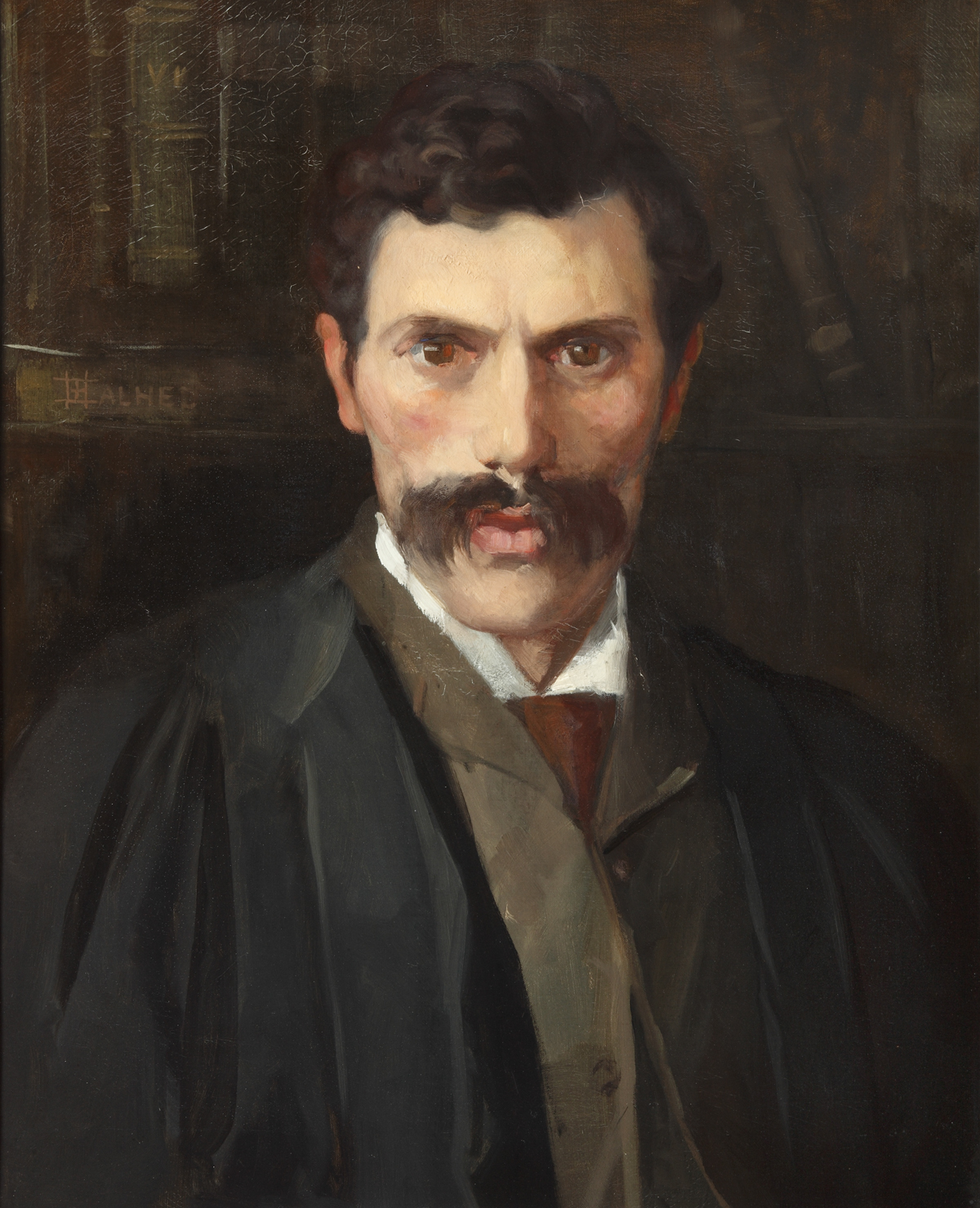
David Samuel Margoliouth
English orientalist
“In no other language spirit, word and letter are embodied in such a primal way.”
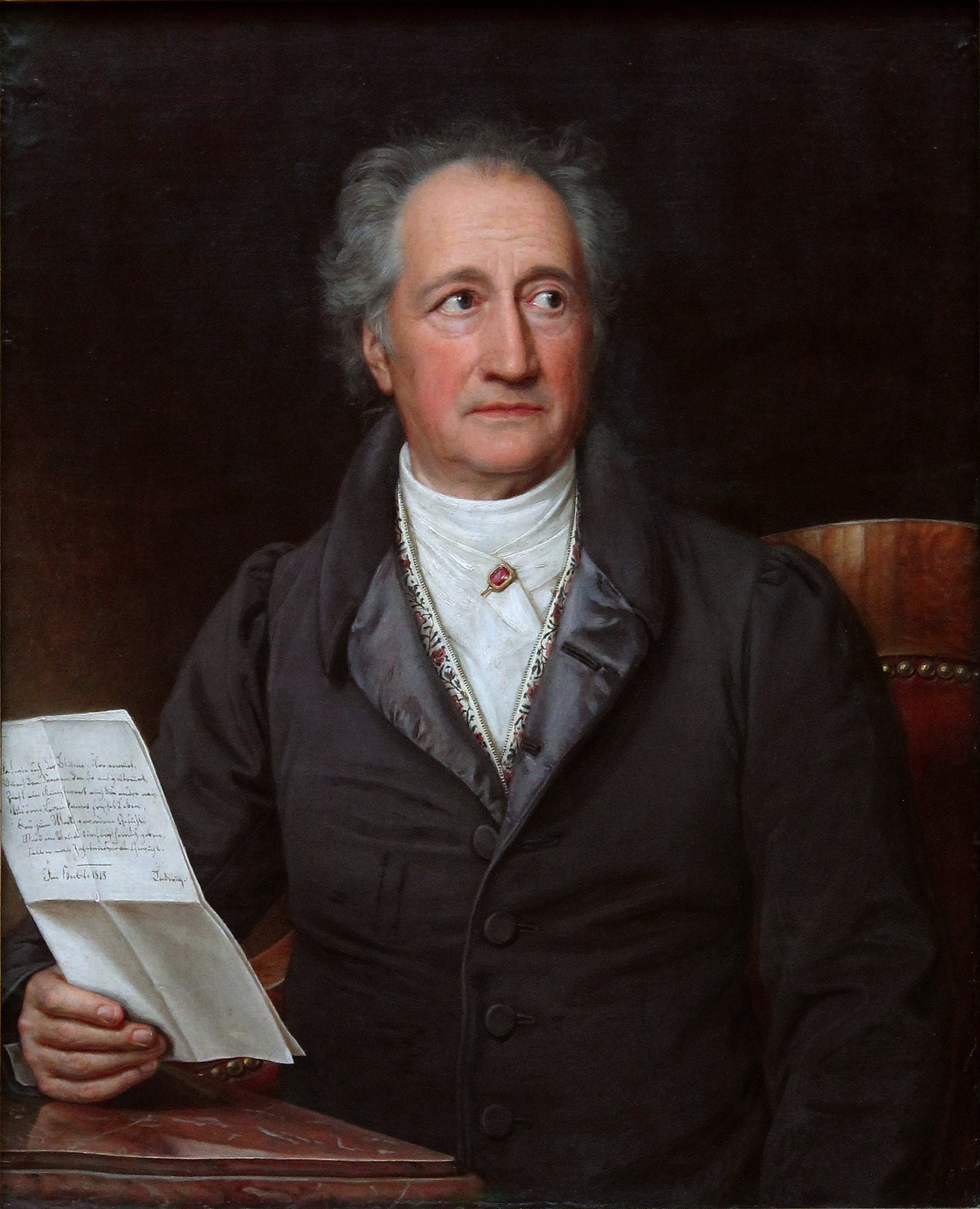
Johann Wolfgang von Goethe
The most influential writer in the German language
“The Creed of Mohammad is free from ambiguity and the Quran is a glorious testimony to the unity of God.”
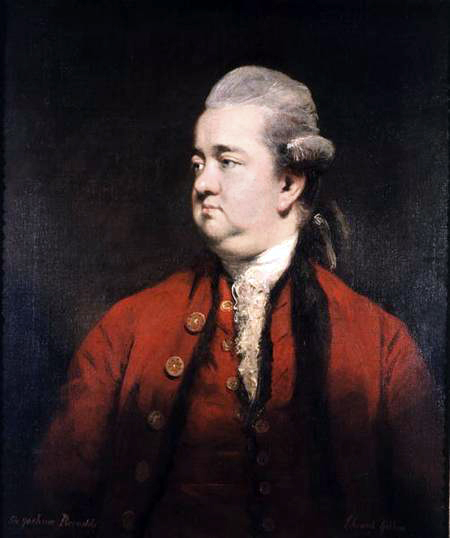
Edward Gibbon
British essayist, historian and politician
Insights into Islamic Traditions
The Tale of a Prophet: Isa (Jesus) in Islam
In the quiet of a world weighed by the struggles of humankind, there came a miraculous sign—a child born to a virtuous woman named Maryam (Mary). The birth of Jesus, known as Isa ibn Maryam, was nothing short of extraordinary. Born of virgin birth, Maryam stood as a...
Yahya ibn Zakariya: The Life and Legacy of John the Baptist in Islam
Discover the profound impact of Yahya ibn (son of) Zakariya, a figure of unwavering faith and moral integrity, whose life and teachings continue to inspire millions.Yahya ibn Zakariya, known for his early dedication to righteousness, holds a distinguished place in...
Zechariah: The Prophet and Father of Yahya (John) in Islamic Tradition
Explore the inspiring life of Zakariya, a dedicated priest whose unwavering commitment to prayer and worship set a profound example of faithfulness and devotion to God.In Islamic tradition, Zechariah (known as Zakariya in Arabic) is regarded as a significant prophet...
The Story of Dhul-Kifl in the Quran: His Prophetic Status and Attributes According to Islam
Delve into the inspiring journey of Dhul-Kifl, a figure of profound faith and resilience, whose story offers timeless lessons in piety and leadership.Dhul-Kifl is a unique figure mentioned in the Quran, appearing in only two verses. His character provides insights...
Yunus (Jonah) in Islam: Overview of His Life, Significance, and Legacy
Jonah, known as Yunus in Islam, is a significant prophet within the Islamic faith. Revered for his story and the divine lessons it conveys, Yunus holds a special place in the hearts of Muslims. His narrative is not only retold in the Quran but is also interwoven with...
Al-Yasa (Elisha) in Islam: His Life and Significance
Al-Yasa, known in Hebrew as Elisha, is a significant figure in Islamic tradition as well as in Judeo-Christian texts. He is not extensively detailed in ancient scriptures, and his life span remains unspecified, but he is recognized as a prophet who played an essential...

